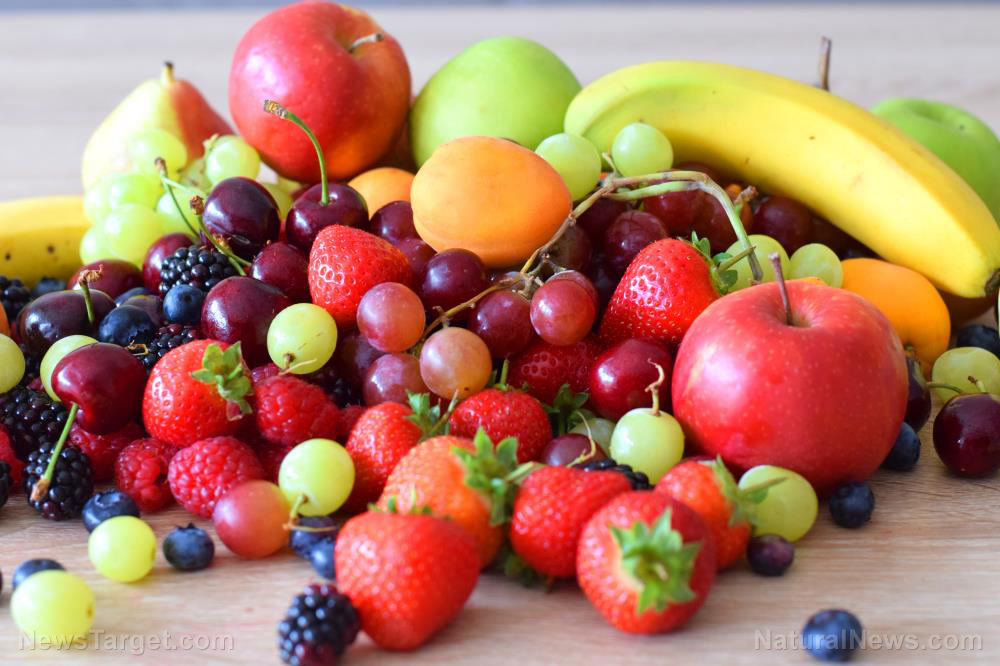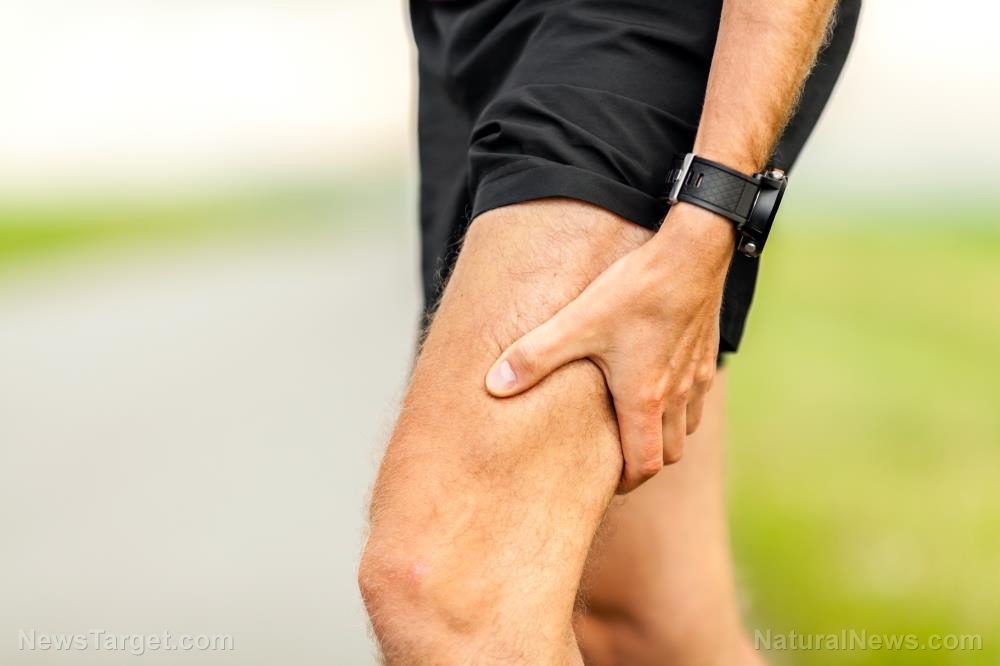Beat macular degeneration with this popular diet
03/19/2019 / By Edsel Cook

Once you hit the age of 50, the macula of your eye will begin to break down, and may eventually cause blindness. But that macular degeneration can be stopped if you eat the right kinds of food, especially those found in the Mediterranean diet.
Age-related macular degeneration affects more than two million Americans. This number is predicted to go up to three million by 2020.
But fear not. A new study by researchers at the Université de Bordeaux indicates that eating the right combination of healthy foods while avoiding unhealthy meals can help preserve your macula from deterioration.
They recommended the Mediterranean diet as the best diet for the job of preventing macular degeneration. This eating pattern calls for a lot of edible plants and fish, a moderate amount of wine, and as little in the way of dairy products and meat as possible.
The researchers stress that the protective benefits of the Mediterranean diet can only be attained if every aspect of it is accomplished. Instead of a single food group or individual part, it is the synergistic mixture of nutritious foods that stops the rise of age-related macular degeneration. (Related: Can the Mediterranean diet help prevent colorectal cancer?)
The Mediterranean diet can protect your aging macula
The Bordeaux research team evaluated data from two earlier studies in the Netherlands and France. The Dutch investigation featured more than 5,000 adults who were more than 55 years old, while the French one covered 550 people who were no younger than 73.
In those studies, each participant completed several food-frequency surveys that shed light on their eating habits. The covered time periods ranged from four to 21 years.
Analysis of the Dutch and French survey results showed that people who follow a Mediterranean diet enjoy a 41 percent lower risk of reaching the late stage of age-related macular degeneration. Furthermore, the findings match those uncovered by even earlier investigations of the connection between a nutritious diet and a diminished threat of macula-related blindness.
Not all of those studies target the Mediterranean diet. A good number of them examine other eating patterns or groups of food. But they all come to the same conclusion: If the diet is healthy, it will help prevent the onset of macular degeneration.
Preventing macular deterioration with the right amount of nutrition
It is easy to get caught off guard by age-related macular degeneration. The early stages rarely give away warning signs that your macula is no longer working fine.
As time passes, you will notice the appearance of blank areas and blurred spots at the center of your vision. The distortions can impede your sight during the worst times possible, such as when you are driving a car at night.
Upon diagnosing you with the early stage of the disorder, your health care provider will probably suggest taking supplements that can partially compensate for your vision. Copper, lutein, vitamin C, vitamin E, zeaxanthin, and zinc are the most commonly prescribed nutrients to support eye health.
If your macula has reached the late stage of degeneration, you might be offered the option of injecting pharmaceutical medications in your eye. The treatment is supposed to reverse the damage to the macula and preserve vision.
If you do not fancy the idea of having a needle in your eye, you should work on protecting your macula as early as possible. That is where the Mediterranean diet comes in.
To get the most health benefits out of the healthy and delicious foods, you should also avoid smoking and work out as often as possible. These will help keep your blood pressure and cholesterol levels at normal levels.
Sources include:
Submit a correction >>
Tagged Under:
age-related macular degeneration, blindness, eye health, eyes, food cures, food is medicine, Mediterranean diet, natural cures, prevention, research, vision health
This article may contain statements that reflect the opinion of the author
RECENT NEWS & ARTICLES
LongevityScienceNews.com is a fact-based public education website published by Longevity Science News Features, LLC.
All content copyright © 2018 by Longevity Science News Features, LLC.
Contact Us with Tips or Corrections
All trademarks, registered trademarks and servicemarks mentioned on this site are the property of their respective owners.




















